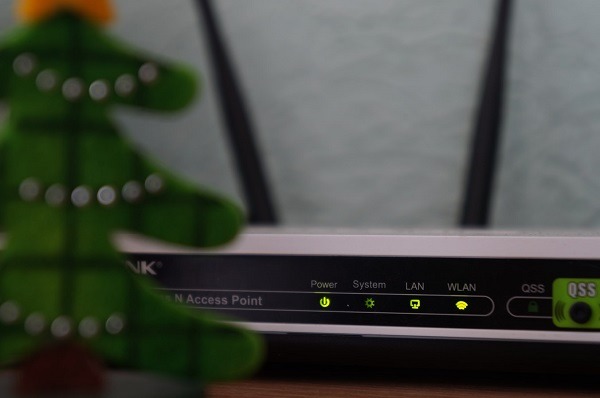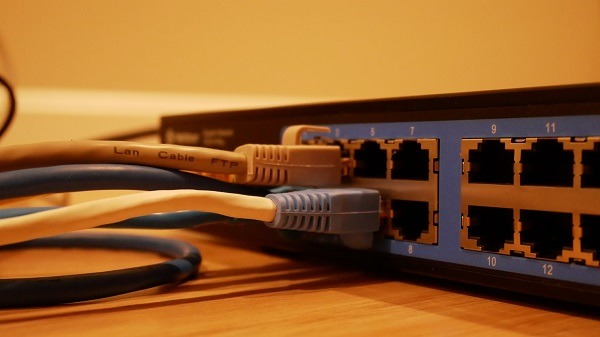Securing your home network is more important than ever because there are so many malicious threats out there. Cybercriminals, hackers, viruses and malware are all potentially damaging to your network, so it is vital that you make the most effective steps to secure your home computer systems and data. Whilst it can seem puzzling to get started with the security processes, it can be a lot easier to just focus on the steps one at a time to ensure that you have all the bases covered.
To help everyone out there who is concerned about security, here are four steps to a more secure home network.
1. Invest in a VPN
A Virtual Private Network (VPN) is a tool used to improve privacy on the web, but they offer much more than just home network security benefits. The experts at https://www.mostsecurevpn.com/ explain that VPNs use encapsulation and tunneled connections to secure your data from public view, while their encryption functions encode your data in a way that can only be accessed by your VPN client and server. As a result, using a VPN can protect your device and data wherever you are, whether that is in the comfort of your home or when you are trying to access a public wifi hotspot.
With a VPN installed, you can be sure that your data and identity will be kept private online, leaving you with peace of mind when surfing the Internet. Setting up a VPN is easy, and with so many options available, you will be sure to find one for your needs.
2. Make a Complex Router Access Password
Anybody who gains access to your network through the use of your wifi password can disable the security you have set up by changing the configuration settings. It is absolutely vital to ditch the factory defaults for username and password and think of a strong password that is impossible even for computer programs to crack.
A sequence of characters with letters, numbers and special characters in both uppercase and lowercase is ideal; the more random, the better! Keep in mind that good passwords are hard to remember, but they are also hard to crack. You should change your password on a regular basis to ensure your network security and keep track of your passwords with a note on your device.
3. Update your Hardware and Software Regularly
Online updates to your hardware and software will be frequently offered by the manufacturer, and all you need to do is to check for those updates and install them when they are available. This task is just as important to your overall cybersecurity network and the system as changing your wifi password periodically since additional features and functions are critical for protecting you from newly discovered threats and vulnerabilities.
Updating and installing new versions of your programs is usually easy since most modern applications automatically check for newly released updates so that you don’t need to do it yourself. However, if your manufacturer does not offer this automatic feature, you can do it by checking manufacturers’ websites for newer firmware versions that have been developed.
4. Turn Off Your Router When You’re Not Using It
There are many people who are constantly bothered by network issues, and these can come as the result of browsing on unsafe websites, downloading viruses and even just leaving your router on all the time. This is a mistake that many people make that can be detrimental in many ways – from stacking up the electricity bill to potentially causing house fires; but also leaves the door open for hackers to gain access to your network. Whilst this usually just means that your next-door neighbor hops on your wifi, it could also enable a hacker to get on your network and steal your financial data.
Whilst you are at work or asleep, there is no need for your home wifi network to be turned on. The less active your system is, the less possibility there is of hackers working their way through the network; so make sure you turn off your wifi router when you’re not using it.
With the majority of households now equipped with online devices, securing your network system is so important to keep everything safe and secure –, and with these four simple but useful steps, you will be able to make the most out of your network system without being compromised by security issues. These tips are easy to implement even for the least tech-savvy person out there – and once you get familiar with everything, you can even customize your protection to fit your family’s needs.


